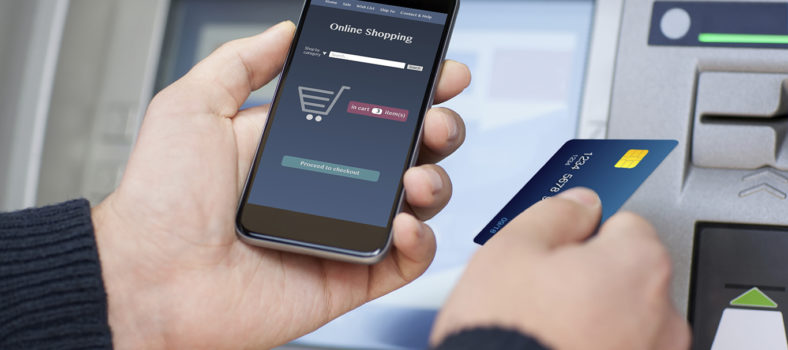 By John D’Apolito
By John D’Apolito
Trust, security and confidence in partners are the fundamental underpinnings of supplier/procurement relationships, especially today’s digital supply chain. For without current information, such as potential red flags or insights into ethical practices, partners will be cautious.
These trading relationships require secure digital identities. Enhanced digital identities are about securing data and building trust with other entities in a supply chain, whether they are suppliers, buyers or financial institutions.
Secure digital identities, which are often coupled with digital access management platforms, then become the foundations for fast, secure, low-risk transactions, including trade, finance and payment authorization. This is accomplished by storing trading information in a completely auditable and immutable digital ledger.
In digital supply chains, this secure foundation is tied directly to an organization, which means any financial transactions from that organization are recorded into the ledger. The process allows organizations to quickly build a foundation of trust with financial institutions and lenders. Supply chain organizations can be granted faster access to financing, and even preferential rates based on their performance characteristics.
Reducing risks
Building secure digital identities into supply chains is not only about transforming financial processes. It’s also about managing disruption. This is essential in notably the automotive and manufacturing industries, where critical delivery items are required to keep production moving efficiently.
Today’s supply chains are less like chains and more like networks. Purchasing organizations can trade with thousands of suppliers, and disruption in supply chains can mean delays and lost revenues throughout the network.
Secure digital identities are tied to an organization’s public financial data. They can help mitigate risks in a network by allowing purchasing organizations to find trading partners that best fit their risk profiles. The actual trade ledger, which can be seen in some cases as a type of immutable record of the contracting/payment tool, lends itself very well to commercial finance, and in the automotive space; consortium-owned tools can be a composite identity for financing arrangements.
With the digital trade ledger, each participant can determine their ownership percentage, banks can lend at different rates and payments can be segregated for audit and compliance purposes. The concept of a secure digital identity doesn’t necessarily have to be an individual or even an entity profile.
With better monitoring technology and near-real-time data, purchasers can see further into their supply chains for risky behaviour from suppliers. Those that may be flagged include poor credit ratings, tax disputes or trading partner appearances on sanctions lists.
Not only does this visibility assist manufacturers, suppliers and financial organizations operating in global trading networks, it can also help these enterprises mitigate business risks and better manage ethical supply chains.
Impacts of ethical supply chains
This last point is becoming increasingly important. More than ever, consumers are aware and interested in the source of the products they buy.
Purchasing decisions often take into account the processes and means through which products are created. A study from research firm Euromonitor International found 65 percent of consumers say they try to make a positive impact on the environment through everyday actions, like purchases. Organizations that monitor suppliers for economically, environmentally and socially responsible business practices can see a tremendously beneficial impact to their bottom lines. This would include vehicles and would also apply directly to larger capital equipment financing activity/purchases for farming and construction machinery.
Many organizations operating supply chains have supplier codes of conduct, but far fewer of them have the ability to enforce them with total visibility. But digital supply chain networks grounded in secure digital identities are providing new ways to gain visibility, which allows businesses to operate with more certainty that their supply chain partners are ethical. Some of the information now available includes compliance information about sanctions, social and environmentally responsible behaviour and history of work with small- or minority-owned businesses.
For many organizations, the ethical nature of a supplier/profile, or any relationship between buyer and seller can be seen as complementary to an overall risk profile. This also includes behavioural trends and transaction history, like payments made on time.
Providing a new assurance level
Organizations working in today’s digital supply chain networks require a new level of assurance from their supplier partners. Secure digital identities provide businesses with an innovative way to build trust. They give trading partners immediate visibility into publicly disclosed information around financials, ethical and responsible practices and risk of disruption. As they build their foundation of trust, they gain faster access to capital through connected lenders and financial institutions.
Secure digital identities are more than a way of ensuring minimal disruption in a business. They provide the means to transform and increase the efficiency of financial processes within modern supply networks.
John D’Apolito holds the position of regional vice president, business network sales at OpenText.

